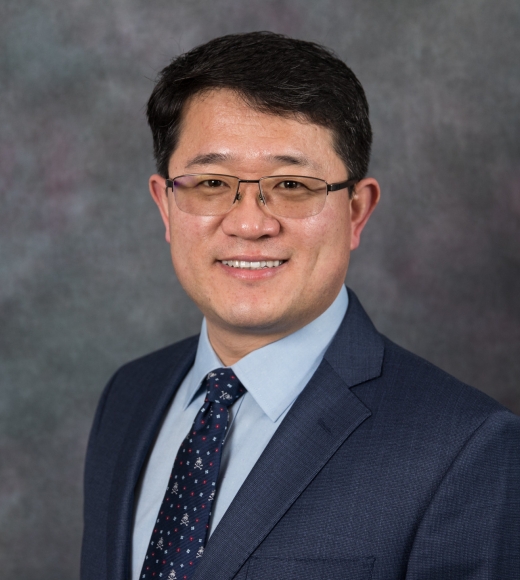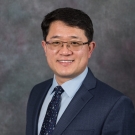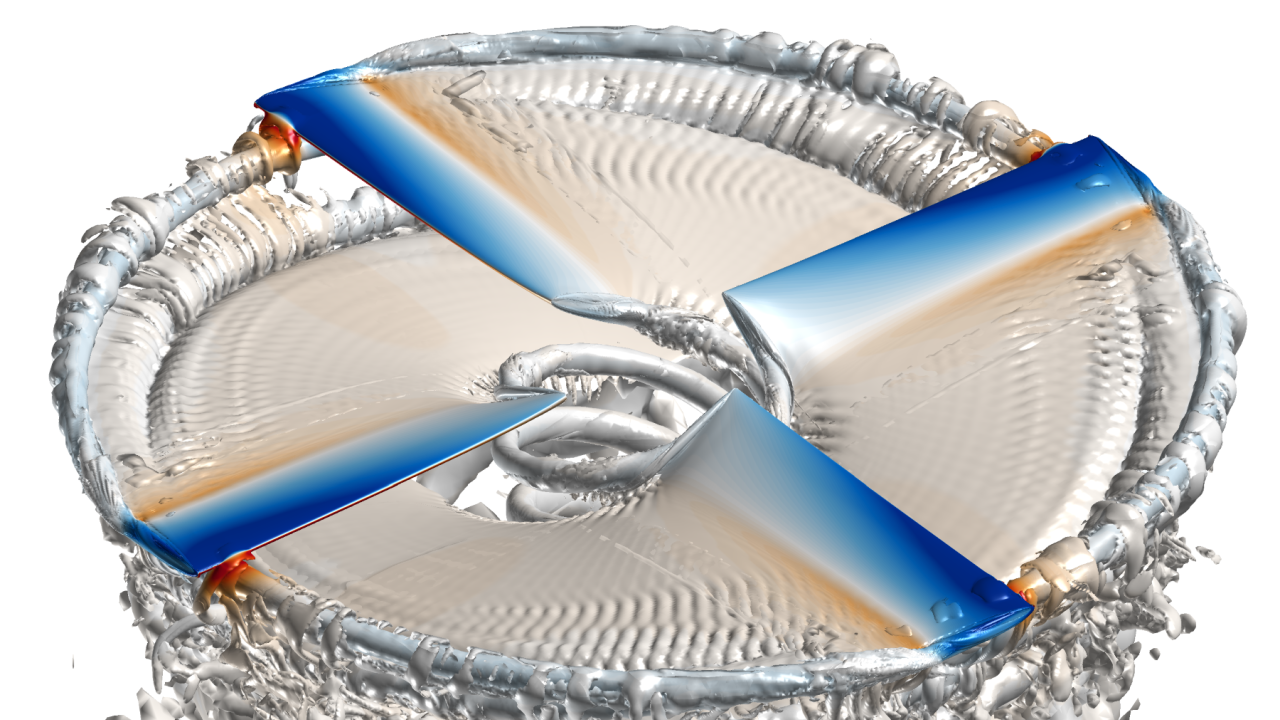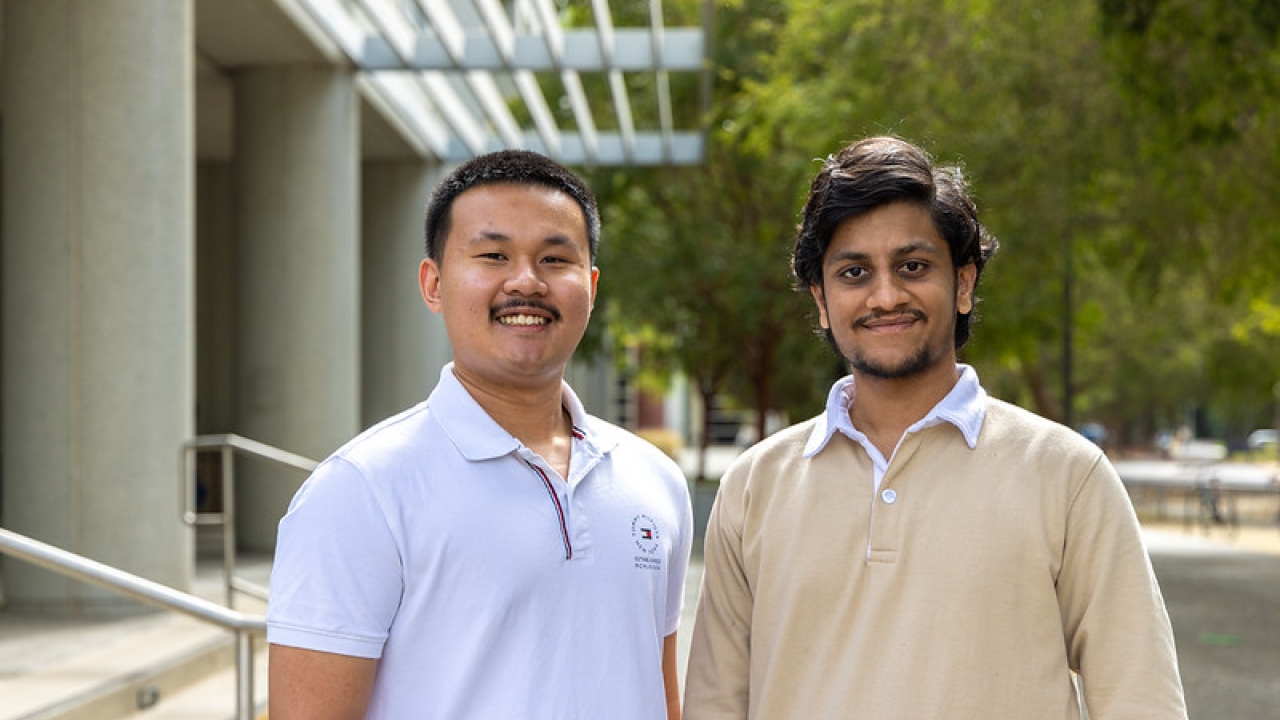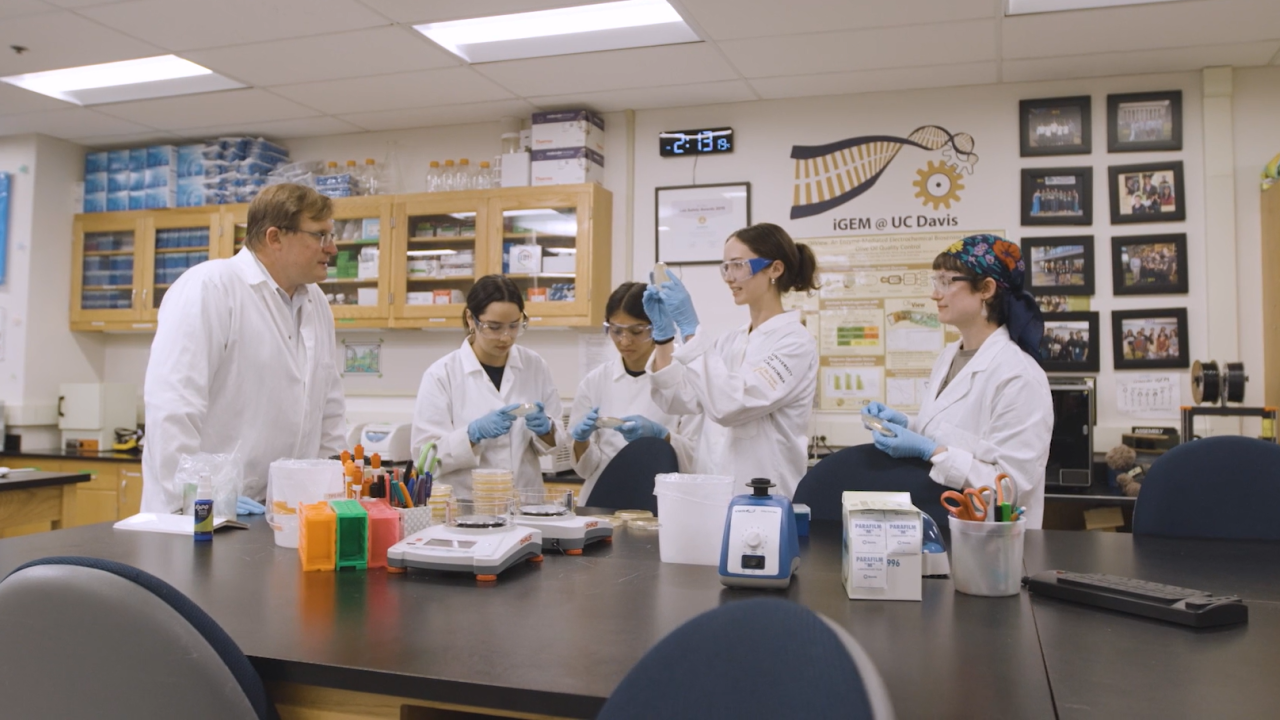2 Engineering Professors Receive Grants to Advance Solutions in Human Health
The University of California, Davis, is awarding over $480,000 to help scientists advance compelling research and innovations toward commercial applications through the Science Translation and Innovative Research, or STAIR™, proof-of-concept grant program. The program plays an important role in helping campus innovators bridge the early-stage hurdle of access to funding during one of the most challenging phases in new technology development.
"Funding from the STAIR grant program continues to play a critical role in helping our innovative faculty members advance promising new technologies along a path towards societal impact," said Simon Atkinson, vice chancellor for research. "I would like to congratulate each of the award recipients and look forward to seeing the impact of their work."
This year, in partnership with UC Davis Health Ventures, the STAIR program is focusing on the theme of Tomorrow's Health Care Today, funding interdisciplinary innovations to address opportunities in human health.
In total, seven researchers from UC Davis and UC Davis Health received STAIR grants. Two of those are professors from the College of Engineering: Associate Professor of Biomedical Engineering Randy Carney and Professor of Biomedical Engineering Aijun Wang. They will use their funding to improve detection times for cancer and develop an off-the-shelf treatment for cerebral palsy. Learn more about their proof-of-concept projects below.
Early detection of cancer biomarkers in liquid biopsies
Randy Carney Associate Professor, Department of Biomedical Engineering
Carney's project will address a critical gap in the surveillance of cancer recurrence by developing a cost-effective, automated Raman spectroscopy, or RS, liquid biopsy assay augmented with machine learning, or ML. This innovative approach quickly detects cancer-related extracellular vesicles, capitalizing on RS's ability to identify early biochemical signs of disease. The goal is to boost patient outcomes and health economics through timely intervention. This one-year project will integrate novel mass spectrometry imaging omics into analysis of banked liquid biopsy specimens from head and neck cancer patients. The data resulting from this project will greatly enhance the interpretation of the RS assay.
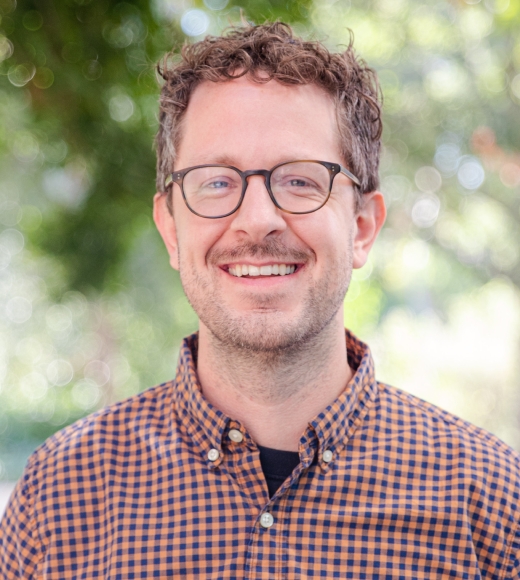
Off-the-shelf stem cell-derived regenerative treatment for cerebral palsy
Aijun Wang Professor, Department of Biomedical Engineering, Department of Surgery
Cerebral palsy, or CP, is a group of neurological disorders that appears in infancy or early childhood, is as common as adult stroke and permanently affects body movement and muscle coordination. The disease disproportionately impacts underserved communities in California as well as globally, with African American neonates having a 60% greater likelihood of developing the condition, while 95% of the CP burden resides in low- and middle-income countries. Based on extensive scientific evidence that stem cells and their derived extracellular vesicles demonstrate efficient delivery of neuroprotective cargo to regions of injury in the central nervous system, Wang and team will use the grant to perform pre-Investigational New Drug, or IND, studies designed to identify the minimal effective dose and administration route for subsequent IND-enabling studies and future clinical trials. The work holds significant potential for improving neurological outcomes and for preventing and treating CP once established.
